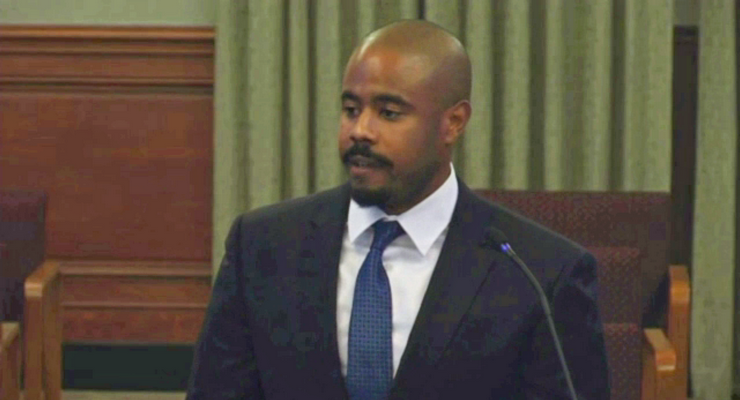The Pasadena City Council is likely Monday night to direct the City Attorney to prepare a city-wide minimum wage ordinance which could raise wages to be at least $15 per hour in Pasadena by 2020.
This action would come after a year of campaigning by activists and five public hearings. It also would come over objections from the local business community.
Pasadena Chamber of Commerce President and CEO Paul Little said his organization is so concerned about the potential for “significantly negative impacts on our local economy” that it offered an alternative proposal raising the minimum wage in Pasadena to $12.50 by 2020.
Little said that research by the Chamber indicated that if the ordinance is passed, 59% of local businesses reported they would raise prices, 52% said they would reduce their workforce and 46.4% said they would reduce hours for existing workers.
The Chamber’s proposal was rejected by the City Council’s Economic Development and Technology committee.
Two Pasadena residents who have been among the most outspoken advocating the ordinance are critical of key features of the recommendation to be considered by the City Council on Monday.
Dr. Peter Dreier, Chair of the Urban & Environmental Policy Department at Occidental College, and Dr. Mark Maier, Professor of Economics at Glendale Community College, wrote in an Opinion piece for Pasadena Now that the ordinance proposed by city staff has “gaping loopholes.”
Dreir and Maier wrote the recommendation “includes a number of serious loopholes that could seriously undermine the law’s effectiveness, make enforcement difficult, and hurt the local economy.”
In particular, the pair pointed to the reduced “training wage” feature; the provision that calls for a reassessment in 2018 before completing the series of incremental raises which would result in the full $15 per hours wage; the recommendation that the post $15 wage implementation period be controlled by Consumer Price Index (CPI)Annual Adjustment for Inflation; and the lack of clear plans for enforcing the ordinance as flaws to the proposal.
Two local civil rights attorneys, Dale Gronemeir and Skip Hickambottom, also expressed concern that the proposed ordinance lacks sufficient enforcement provisions. They said Saturday the success of the ordinance “hangs on whether the City is too cheap to commit to having one Pasadena investigator” to enforce the ordinance.
“The logistical problem alone for the working poor would be daunting if they have to go to a distant LA County site for enforcement. Practically every knowledgeable observer expects the County’s as-yet uncreated enforcement unit to be swamped because of the severity of the wage-theft problem in County jurisdictions, so Pasadena’s working poor risk being relegated by County enforcement to second-class victims,” Gronemeir and Hickambottom said.
The Pasadena City Council will consider the staff’s recommendation at about 7:15 p.m. on Monday night in the Council Chamber at Pasadena City Hall, 100 North Garfield Avenue, Room S249 in Pasadena.
A full copy of the city staff’s recommendation may be read here.


















